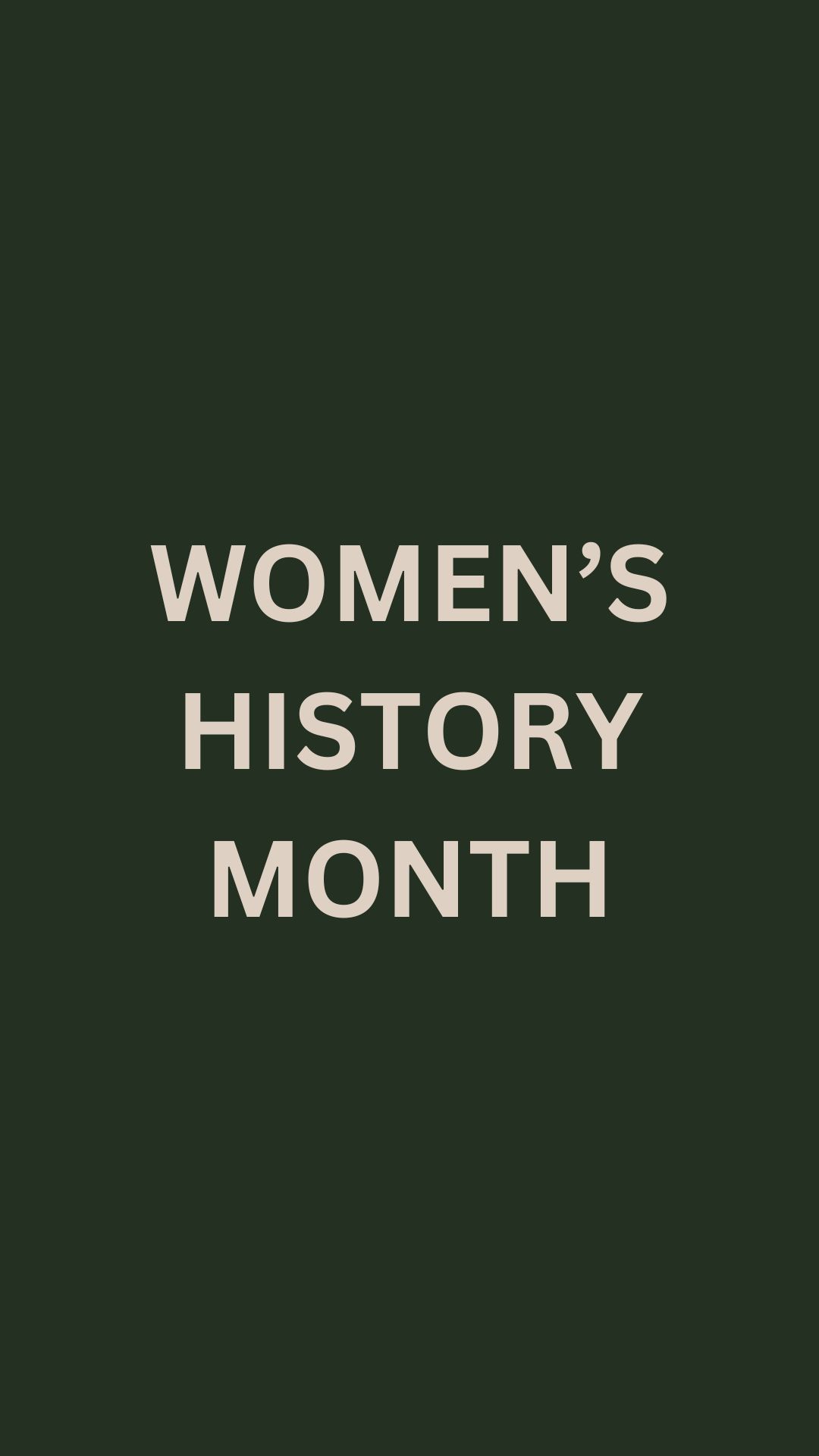Women’s History Month
Every March, Women’s History Month is celebrated in the UK and around the world to acknowledge the remarkable contributions women have made throughout history. At The Ilse Schwepcke Prize, we remember and celebrate the extraordinary and pioneering women travellers who have broken boundaries, ventured down perilous paths, and paved the way for how we travel […]

Every March, Women’s History Month is celebrated in the UK and around the world to acknowledge the remarkable contributions women have made throughout history.
At The Ilse Schwepcke Prize, we remember and celebrate the extraordinary and pioneering women travellers who have broken boundaries, ventured down perilous paths, and paved the way for how we travel today.
Here’s some our favourite women travellers and explorers who we hope will inspire you:
Gertrude Bell
Gertrude Bell (1868–1926), known otherwise as the ‘Queen of the Desert’, was a pioneering British explorer, writer, archaeologist, and political officer. Venturing into remote deserts and ancient cities, she became one of the few women of her time to explore the Arabian Peninsula extensively. She was an expert in the region’s culture and history, earning respect for her contributions to archaeology and diplomacy. Her influence was instrumental in establishing the post-war borders and political structure of Iraq.
‘All the earth is seamed with roads, and all the sea is furrowed with the tracks of ships, and over all the roads and all the waters a continuous stream of people passes up and down – traveling, as they say, for their pleasure. What is it, I wonder, that they go out to see?’
– Safar Nameh: Persian Pictures
Bessie Coleman
Bessie Coleman was the first African American, and the first Native American, woman to hold a pilot license. Facing racial and gender barriers in the US, she traveled to France to earn her license. A trailblazer in aviation, she became a prominent figure in air shows.
‘The air is the only place free from prejudice’
Freya Stark
Freya Stark (1893–1993) travelled extensively in the Middle East and was the first woman to travel through the mountainous regions of Northern Iraq and Persia, remote areas largely unexplored at the time. Her book, The Valley of Assassins (1934) documents her travels in Persia where she explored the lands of the Assassins in Alumut, a medieval sect.
‘To awaken quite alone in a strange town is one of the most pleasant sensations in the world. You are surrounded by adventure.’
– Baghdad Sketches
Junko Tabei
Junko Tabei (1939–2016) was the first woman to summit Mount Everest in 1975. Her groundbreaking accomplishment challenged the view that women should not be pursuing such dangerous and physically demanding feats in the mountaineering world. Over the course of her career, she became the first woman to complete the Seven Summits, climbing the highest peak on each of the seven continents.
‘I can’t understand why men make all this fuss about Everest – it’s only a mountain.’
Dervla Murphy
Dervla Murphy (1931–2022) solo cycled from Ireland to India in 1963, a trip that, at the time, was remarkable in both its distance and the fact she was a young woman travelling alone. She wrote about her journey, which took two years to complete, in her first book, Full Tilt. Dervla also spent time in Ethiopia, where she cycled through war-torn regions, and Nepal, where she trekked the high mountain paths.
‘There are two phases of enjoyment in journeying through an unknown country – the eager phase of wondering interest in every detail, and the relaxed phase when one feels no longer an observer of the exotic, but a participator in the rhythm of daily life.’
– In Ethiopia with a MuleThe story of women’s history is still unfolding, and we are excited to write the next chapter when we announce the winner of the inaugural Ilse Schwepcke Prize.
Submissions for the prize are open and will close 31 March. Submissions are welcome from any country or place of residence. Translations are not eligible. See here for eligibility criteria.